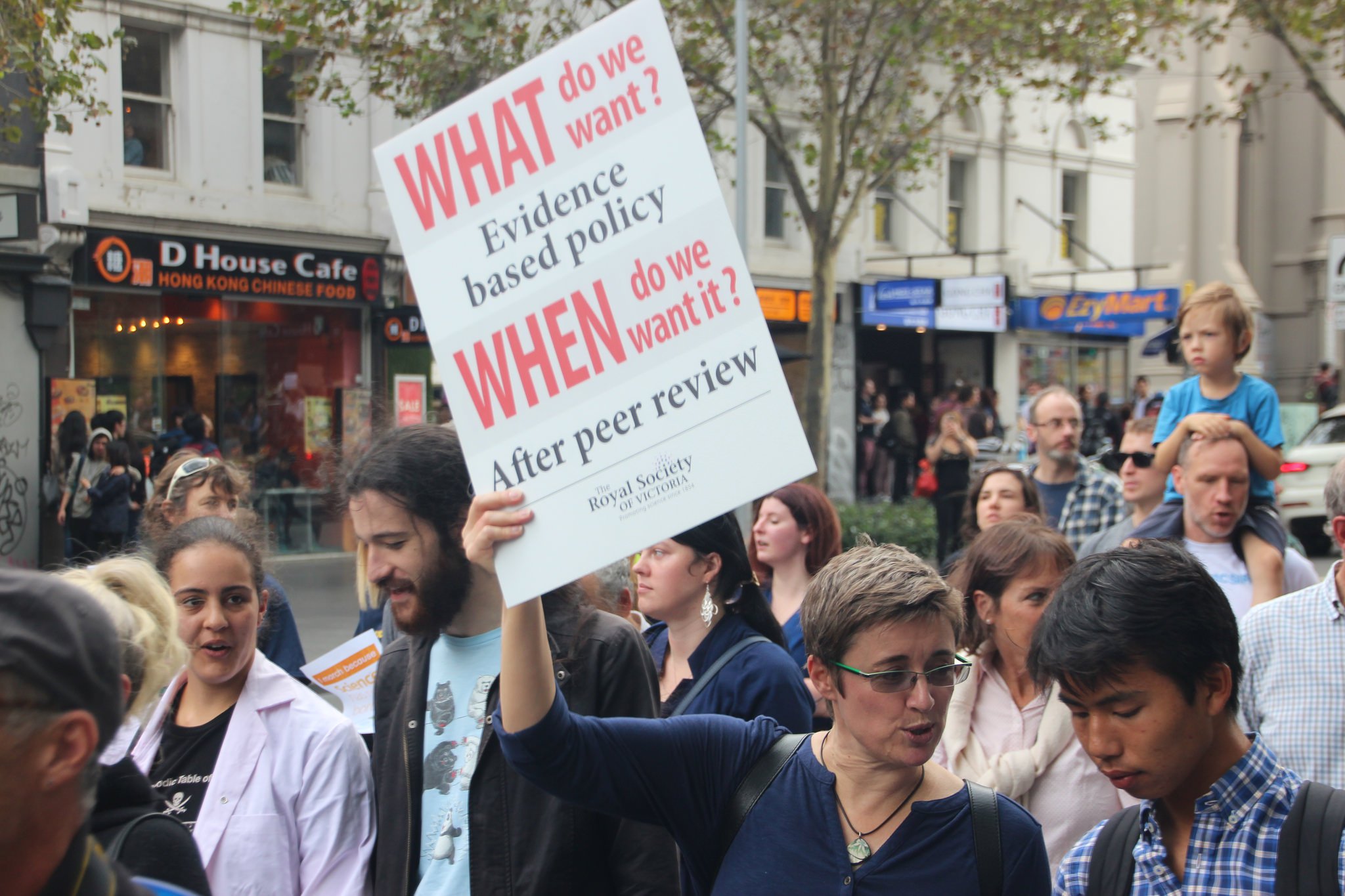‘Fake news’ was the Collins Dictionary 2017 word of the year. And the Oxford Dictionary 2016 word of the year – ‘post-truth’ – hasn’t gone away. I dread to think what 2018 has in store. The question everyone’s been asking is: what can we do to reverse this worrying trend?
Well, the good news is that there’s a field of research already working to understand and support evidence-informed policy-making. Until now, this has seemed rather meta – or even boring – for many working in international development. Yet, understanding and supporting policy processes is absolutely critical to sustainable development progress.
So if you’re working in global development and are still unsure about what evidence-informed policy-making is, and how it relates to your work, read on.
What it is
Simply put it’s when policy-makers use the best available evidence to help make policy decisions.
We often think of evidence as scientific research. But it can also be statistical data, citizen voice, and evaluation evidence.
When it comes to policy, most people think about legislation – and that is an important type. But there are also many non-legislative types that are significant. For example, resource allocation, regulations or strategies.
Policy-makers are, typically, senior government officials and parliamentarians. However, evidence use is needed across development policy and practice. You may hear people talk about ‘evidence-informed decision-making’, which broadens the scope to include all those other important decision-makers who are critical to development progress.
Why it often doesn’t happen
Evidence-informed policy-making sounds sensible. So why does it often not happen? To understand why, it’s helpful to think about all the components that need to be in place for evidence-informed policy-making to occur.
You need a good supply of quality evidence. Sometimes, there is a lack of high-quality research to address the complex questions that policy-makers are dealing with. So you need a healthy research community that is producing robust, policy-relevant research.
Other times, the research exists, but the policy-makers can’t access it. So research needs to be well-communicated and accessible to those who have the power to act.
But you also need policy-makers to demand evidence. While it seems logical to use evidence to make important decisions, policy-making often isn’t rational – it’s political. There are different agendas that influence how and why decisions are made. What’s more, policy-makers are people, and people have vested interests, and are influenced by their beliefs and values. So they may choose to ignore evidence that doesn’t support their interests.
Importantly, there are also frequently not the capacity or systems in place to commission, gather and use evidence within government departments.
You then need to connect researchers and policy-makers. We call those who do this intermediaries. The intermediary function can take many shapes and sizes, translating and communicating knowledge between groups of people. Intermediaries exist within research and government organisations – for example, civil servants that go out and look for relevant research, or think tanks that work to engage policy-makers with their work. Sometimes they can be influential individuals that have access to high-level decision-makers where others don’t.
If you’re interested to read more about the complexities of evidence-informed policy-making, I suggest ‘The politics of evidence’ by Justin Parkhurst, or ‘Knowledge, policy and power in international development’ by Harry Jones, Nicola Jones, Louise Shaxson and David Walker.
What you can do
We all have an important role to play in supporting evidence-informed policy-making. And there is a lot of existing practical information out there to help us do it – so that’s a good place to start.
Researchers: if you want your research to have a chance of informing policy decisions, you need to make sure it is high-quality, relevant and accessible. A good starting point is this 10 things to know about how to influence policy with research. The Research to Action website also has lots of resources and advice.
Government workers and policy-makers: if you want to improve your department or ministry’s ability to commission, gather, synthesise and use evidence in an efficient way, try these guidelines and good practices for evidence-informed policy-making in a government department or this evidence-informed policy-making toolkit for civil servants and parliamentary staff.
Development practitioners: if you want to be more strategic about how you engage with policy, the RAPID Outcome Mapping Approach to policy influence and policy engagement has tools and advice to diagnose the policy problem, develop an engagement strategy, and to monitor and learn.
Hopefully, this has helped you understand how your work can support evidence-informed policy-making and pointed the way to some useful resources.

